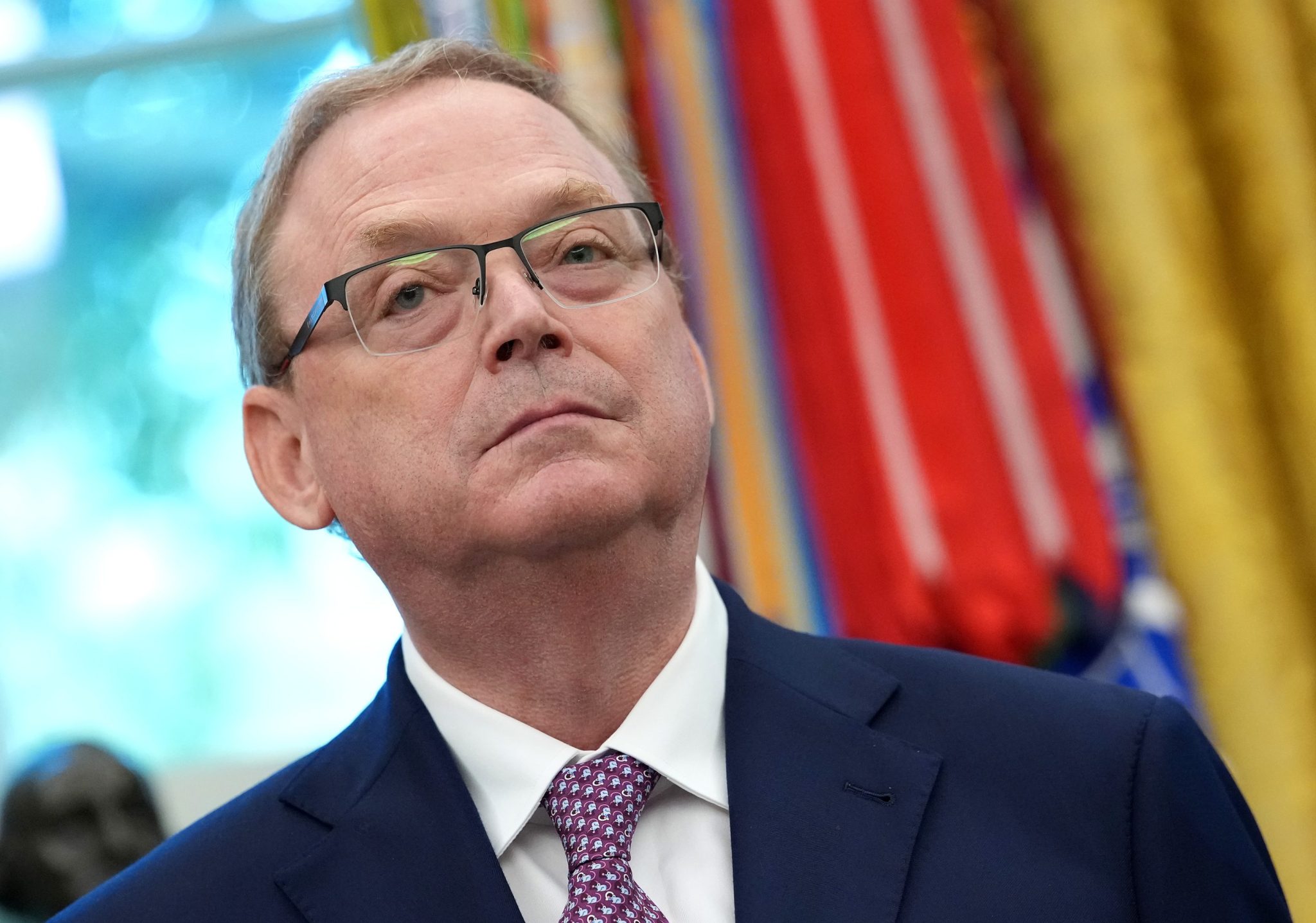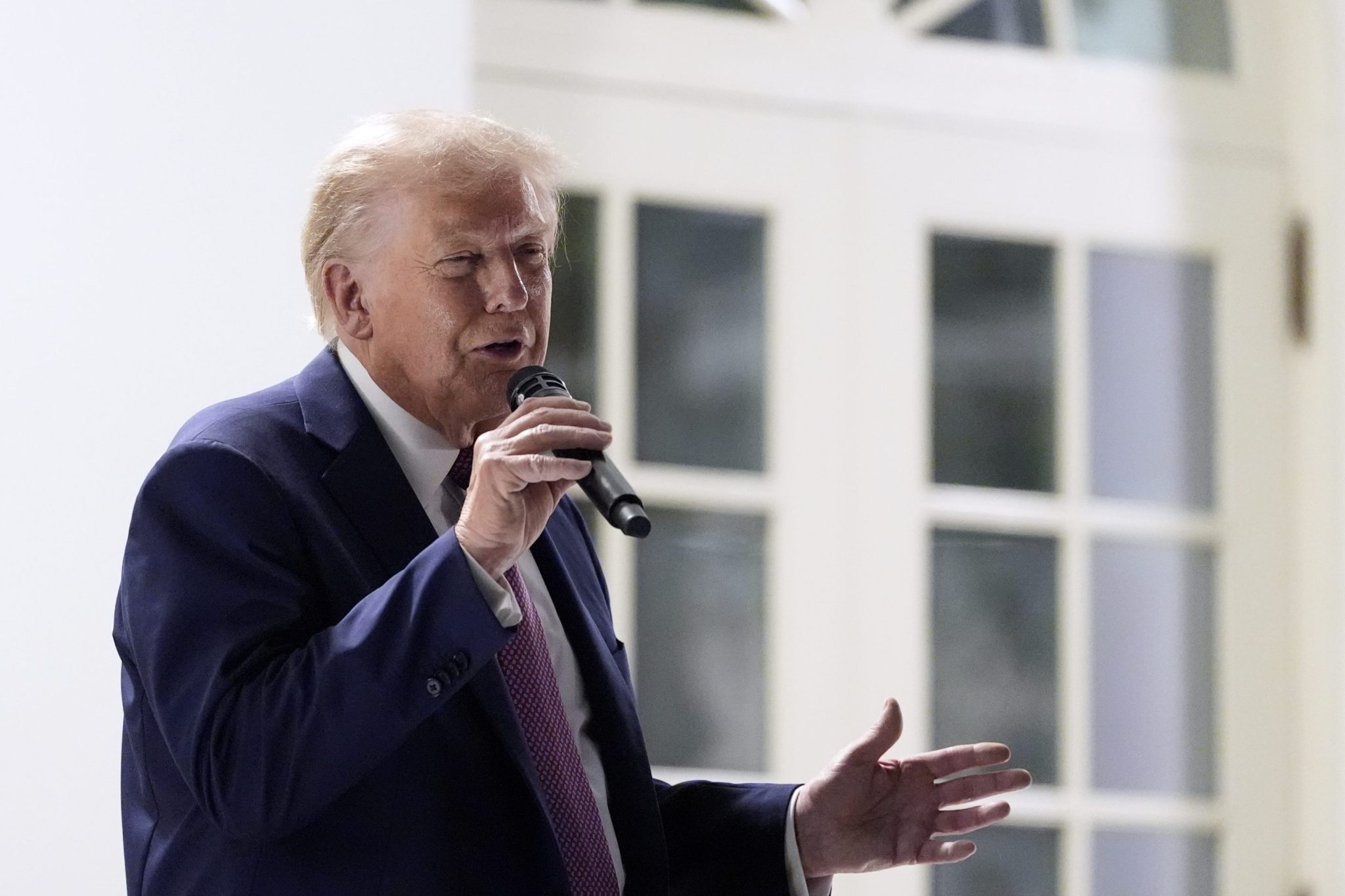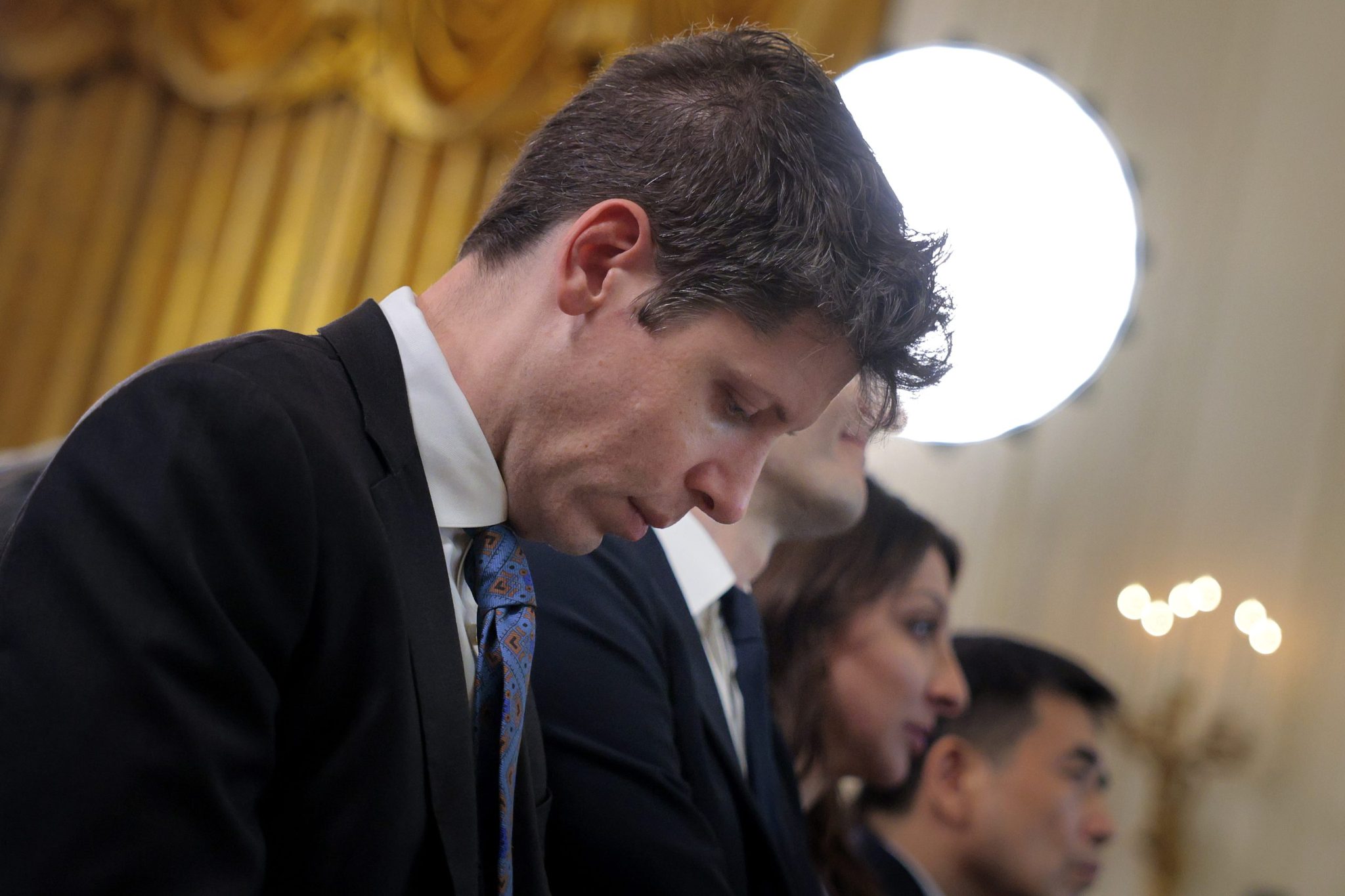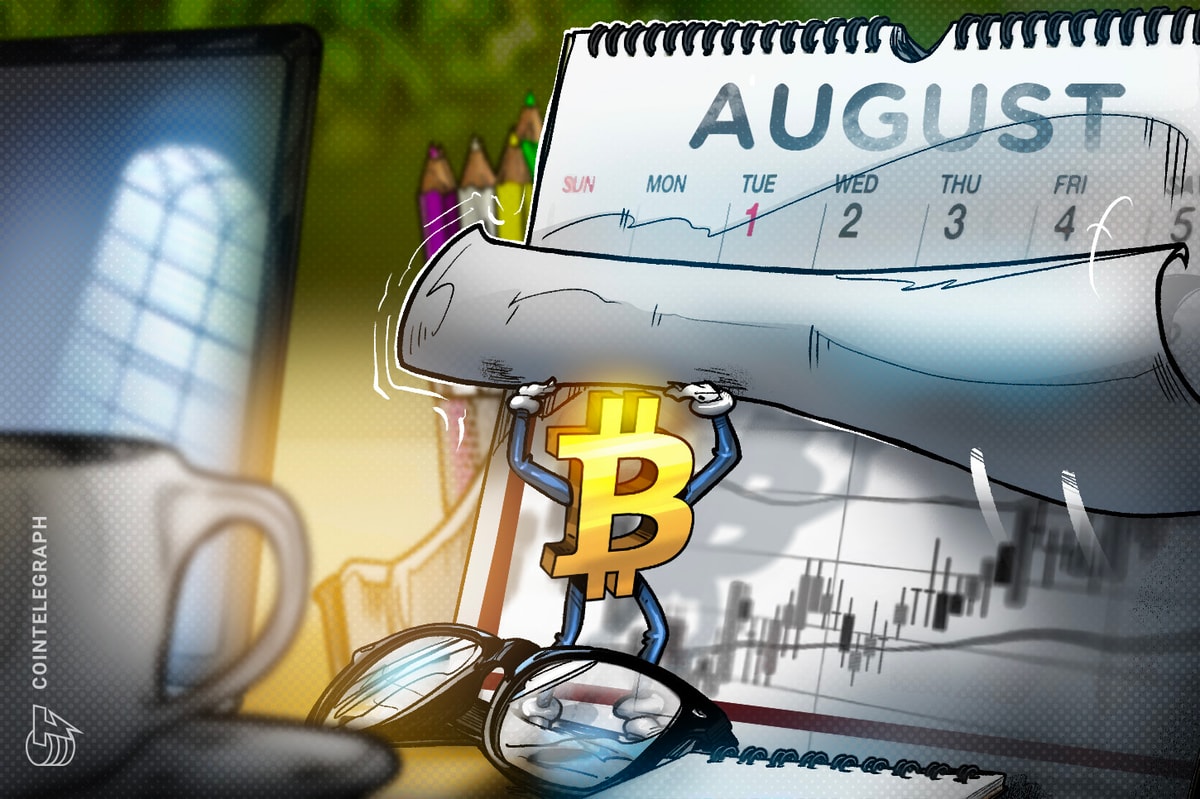- In today’s CEO Daily: Diane Brady on the bond market.
- The big story: The White House has a CEO loyalty list.
- The markets: Up.
- Plus: All the news and watercooler chat from Fortune.
Good morning. Another day, another twist in the bond markets. One thing CEOs don’t usually do in the face of a global bond selloff is buy gold. Although, given the decline in bond prices over the last few days, adding some gold to your balance sheet suddenly looks like a good idea.
With 30-year U.S. Treasuries hovering above 5% at one point this week and long-term bond yields rising in the U.K., France, and Japan, leaders are facing tough choices when it comes to managing risk, liquidity, and volatility.
The bond markets have been skittish for a while, serving as both a check on White House fiscal policies and a warning signal that America’s economic strengths are being put to the test. Investors are demanding higher returns from governments that aren’t doing enough to address rising debt.
When asked, most of the leaders I talk to expect their borrowing costs to trend up, not down, in this environment. Among other things, Treasury yields are the benchmark for other lending. And rising public debt tends to erode confidence in a currency and an economy.
Jamie Dimon, the CEO of JPMorgan Chase and a longtime deficit hawk, has been warning of a potential bond crisis for some time. His concerns were downplayed a few months ago by Treasury Secretary Scott Bessent. (Dimon also expressed concerns about the state of private credit.)
Deutsche Bank CEO Christian Sewing has called the current selloff a “reflection of, partly, political uncertainty, of a lack of reforms, of rising indebtedness.”
Bridgewater founder Ray Dalio believes the current policy environment is putting America on the path to a “debt-induced heart attack.”
What does it mean for business? There’s a recognition that concerns over deficits are not going away and likely to mount. The continued battle over the independence of the Fed doesn’t instill confidence in the central bank’s role in promoting market stability. And higher rates may be the price that everyone has to pay amid tax cuts and tariffs – the latter of which may harm consumers but do give a short-term boost to government coffers.
Contact CEO Daily via Diane Brady at diane.brady@fortune.com
This story was originally featured on Fortune.com

 1 day ago
1
1 day ago
1




















 English (US) ·
English (US) ·